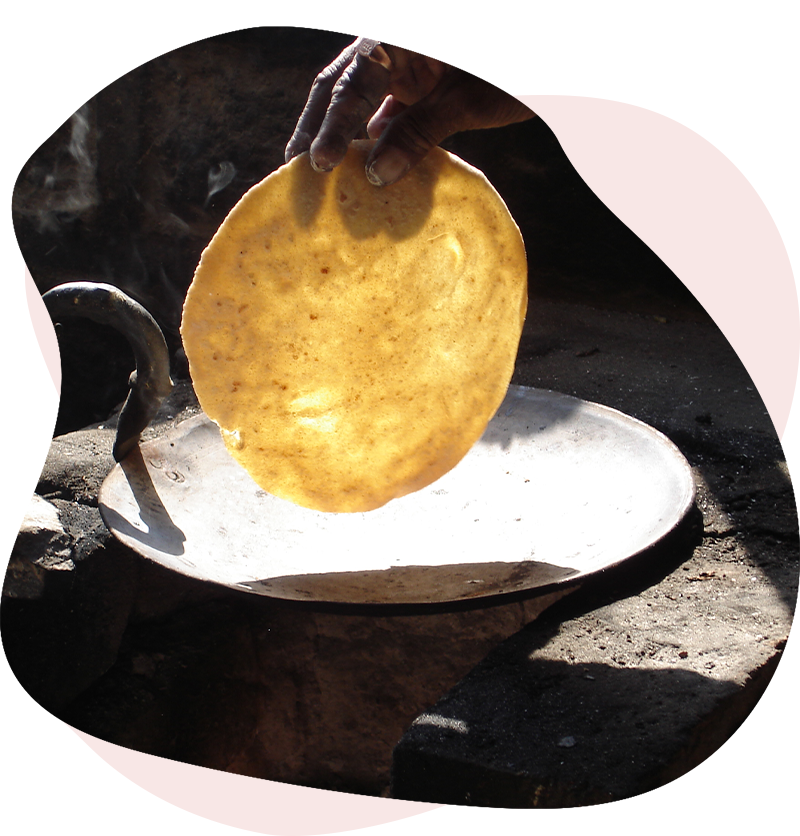
Demographic trends, climate disruption, and natural disasters, as well as conflicts and the COVID-19 pandemic, have led to a growing number of people suffering from hunger and starvation worldwide. In 2018, 9.2% of the world population experienced severe food insecurity. ADE contributes to the UN zero hunger goal (SDG 2) by closely collaborating with the World Food Programme on country and strategic evaluations. ADE also conducts impact evaluations of programmes related to food security issues, with solid experience in measurement of food security and resilience indicators using first-hand and secondary data sources.
Project examples
- Enabel – Mid-term evaluation of the Support Project for Governance, Integration, and Agricultural and Rural Training in Tshopo Province (2024)
- Enabel – Final evaluation of the Agriculture Development Programme in Eastern Kasaï and of the Support Program for the Technical Education and Vocational Training (TVET) Sector in the Mbuji Mayi Employment Basin (EDUKOR) (2022)
- IDH Sustainable Trade Initiative – Farmfit Africa Program Impact Evaluation (2021)
- Rikolto NGO – End-line impact assessment of the 2017-2021 DGD-funded programme implemented by Rikolto (2021)
- WFP – Evaluation of WFP’s Country Strategic Plan for Zimbabwe (2021)
- WFP – Evaluation of WFP’s County Strategic Plan for Lebanon (2021)
- WFP – Evaluation of WFP’s use of technology in constrained environment (2020)
- Belgian Cooperation (ADA) – Impact evaluation (from baseline to endline) of the LIVE programme in Rwanda, food security system for most vulnerable populations in rural areas (2018)